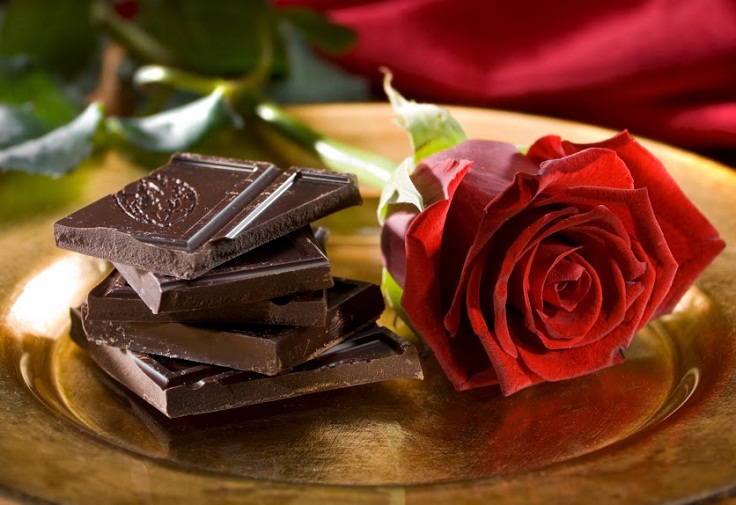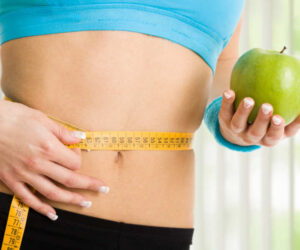If you have recently received an interstitial cystitis diagnosis, you may or may not have heard of the interstitial cystitis diet. You can try following the interstitial cystitis diet; it should help you. A holistic approach to the IC diet would also speak to what foods to include for optimal bladder healing and rebalancing the body.
In this post, we will share the top 10 foods to avoid interstitial cystitis. Except for a handful of common trigger foods, IC patients report a great variation in which foods and beverages, and how much of them, might cause IC flares. For some patients, certain foods and drinks can trigger flare-ups of their interstitial cystitis (IC) symptoms.
That’s why it’s important to pay attention to your diet and to track the foods you eat by using our advice. This way, you and your doctor can be aware of problems and pains, and you can avoid the things that trigger your symptoms. Check the following list and change your way of life.
Alcohol

Alcohol is acidic and inflammatory. Red wine, in particular, is high in histamine. Histamine is irritating to mast cells, which are usually found in larger numbers on an IC bladder. Alcohol is dehydrating, and hydration is key to washing away excess toxins and acids from the body. Individuals with IC often have acidic urine, indicating that their acid-alkaline balance is off. An acidic body is often a tired and painful body.
Artificial Sweeteners
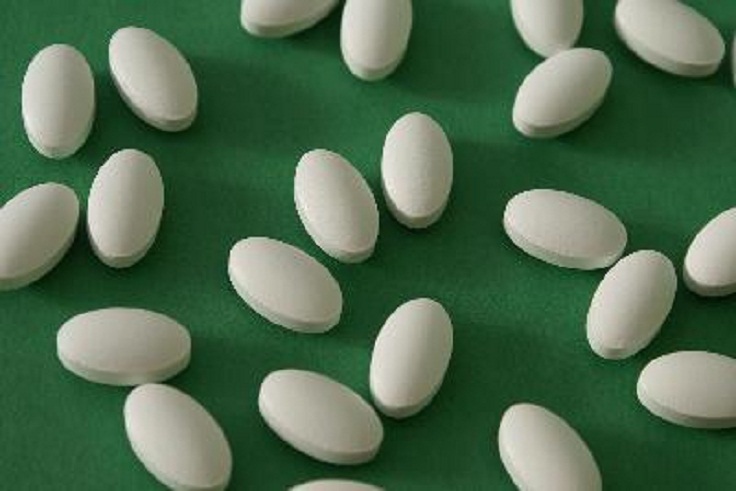
via livestrong.com
Erythritol, however, is excreted in the urine, not via the digestive tract, so what makes it more pleasant to use as a low-calorie sweetener for many people has the potential to increase IC symptoms. Most people with IC react negatively to sugar substitutes, and they are best avoided due to potential side effects and negative health consequences. Avoid any artificial sweetener, including Aspartame, Saccharin, Sucralose, Neotame, and Acesulfame K.
Coffee
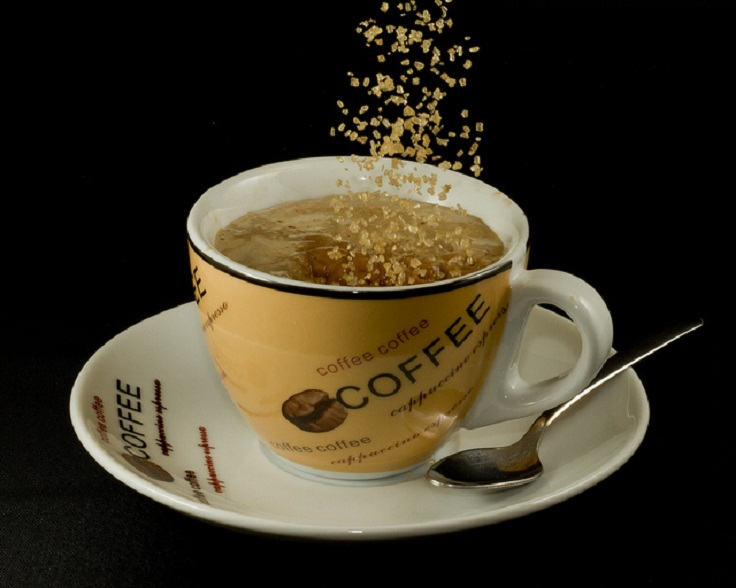
Caffeine can stimulate spasms in sensitive nerves and muscles, including those in the bladder. Caffeine stimulates the adrenal glands, cortisol production, epinephrine, and norepinephrine, which are stress hormones linked to aggravating an IC bladder. Caffeine is also a diuretic, meaning it causes more frequent urination. Even small amounts of caffeine can trigger a bladder flare, leaving you with excessive urination and pain for hours. It might take some time to ween yourself off coffee, especially if you depend on it to feel awake and productive.
Spices, Seasonings, Nitrites, and Nitrates
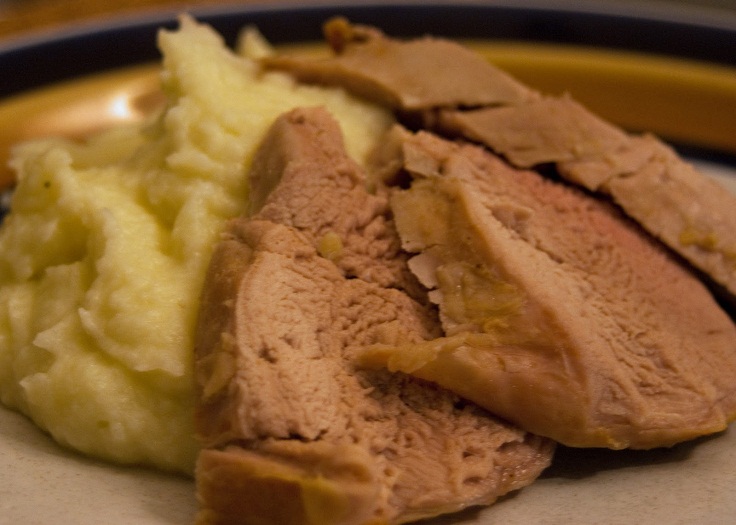
via cookingforinterstitialcystitis.com
Hot peppers, spicy foods, chili, horseradish, vinegar, and soy sauce should be avoided. Cinnamon is another spice to be cautious of, but it might be tolerated in smaller amounts. Sea salt should be tolerated, but black pepper is usually an IC trigger due to its high oxalate content. Nitrites and nitrates are preservatives found mainly in processed meats that trigger IC symptoms.
Chocolate
via interstitial-cystitis-diet.blogspot.com
Chocolate is a very common IC trigger due to the same reasons as coffee and tea. It contains caffeine and is acidic. Also, most chocolate products will contain a large amount of sugar pro-inflammatory and feed yeast known as Candida, dairy a common allergen and pro-inflammatory, as well as preservatives. Lastly, chocolate is high in histamine, which triggers the mast cells usually present on the IC bladder.
Vitamin C, B6, and Multivitamins
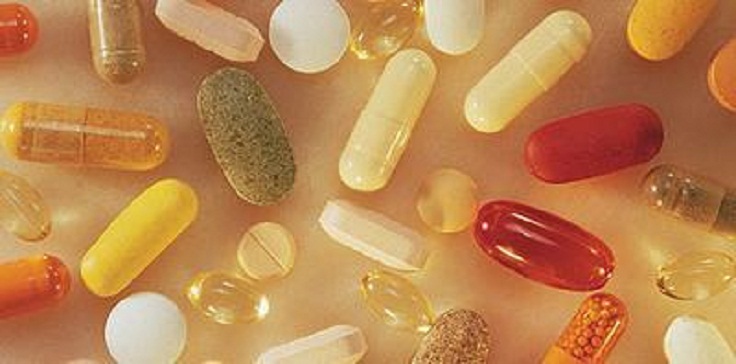
via livestrong.com
Vitamin C, especially in its ascorbic acid form, is a bladder irritant, Vitamin B6. Multivitamins usually contain these two vitamins. You might be okay with a buffered vitamin C, such as Ester-C. For the most part, it is safer to get your vitamins from fresh fruits and vegetables and other whole food sources.
Carbonated Beverages, Energy Drinks, and Vitamin Waters
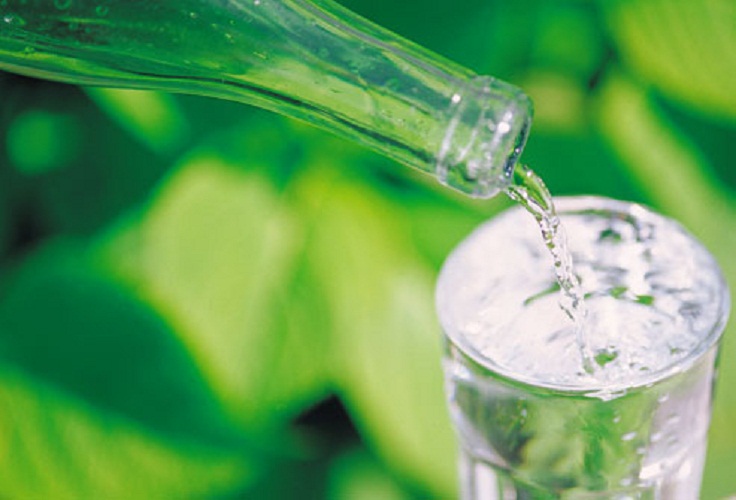
via webmd.com
Carbonated beverages contain citric acid, preservatives, and flavorings, all of which are highly irritating. Diet sodas contain artificial sweeteners like aspartame, also a known IC trigger. Other common ingredients in these types of drinks that can be problematic include caffeine, multivitamins, and sugar.
Avoid Drink Regular and Green Tea More Often
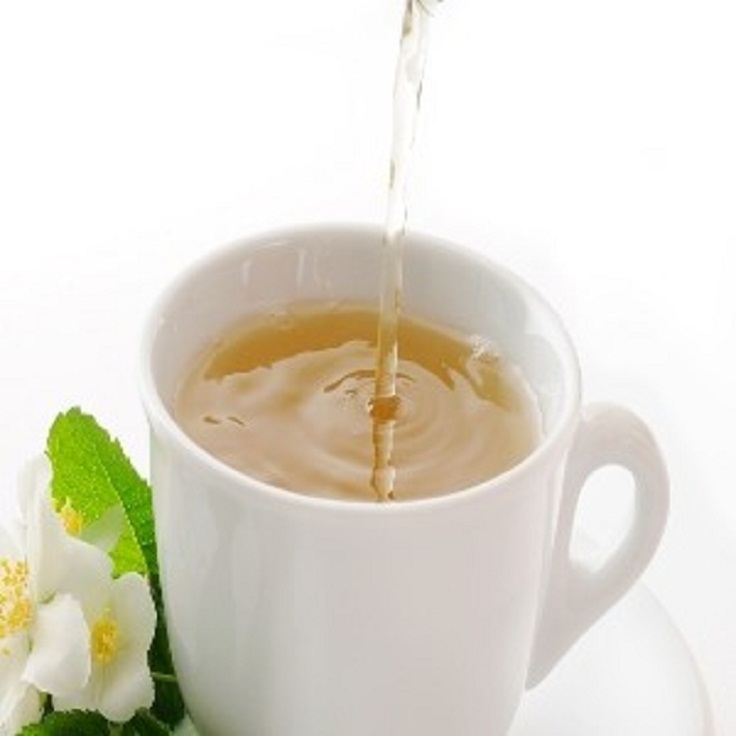
via girlishh.com
Like coffee, regular tea and green tea contain caffeine and are acidic. They contain a substance called tannic acid, both of which are IC triggers. Most herbal, non-caffeinated teas should be okay. Chamomile is safe for most people with IC, as is peppermint. The marshmallow root is very soothing for the urinary system, and the licorice root supports the adrenal glands.
Acidic Fruit Including Fruit Juices
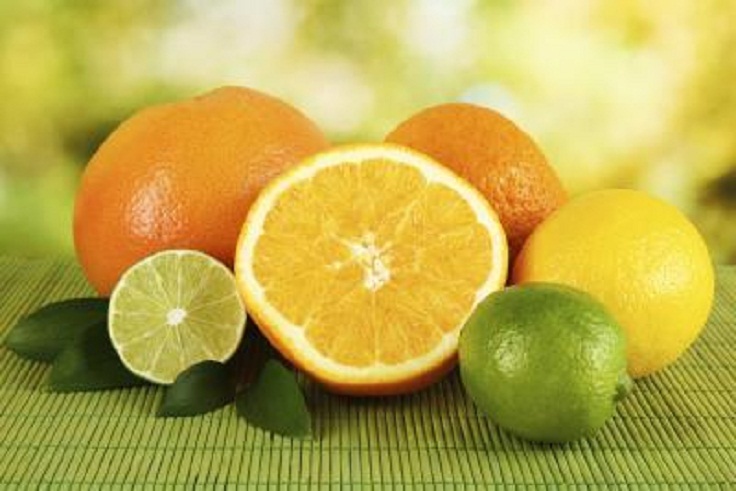
via livestrong.com
Tomatoes are especially nasty and should be strictly avoided. This isn’t an easy task because many popular dishes, especially at restaurants, contain tomatoes. Although most fruits are alkalizing to the body after being metabolized, they still contain acids that irritate a wounded IC bladder. Blueberries and pears are your best options for now, and definitely avoid citrus fruits at the moment.
Foods With High Allergenic Potential
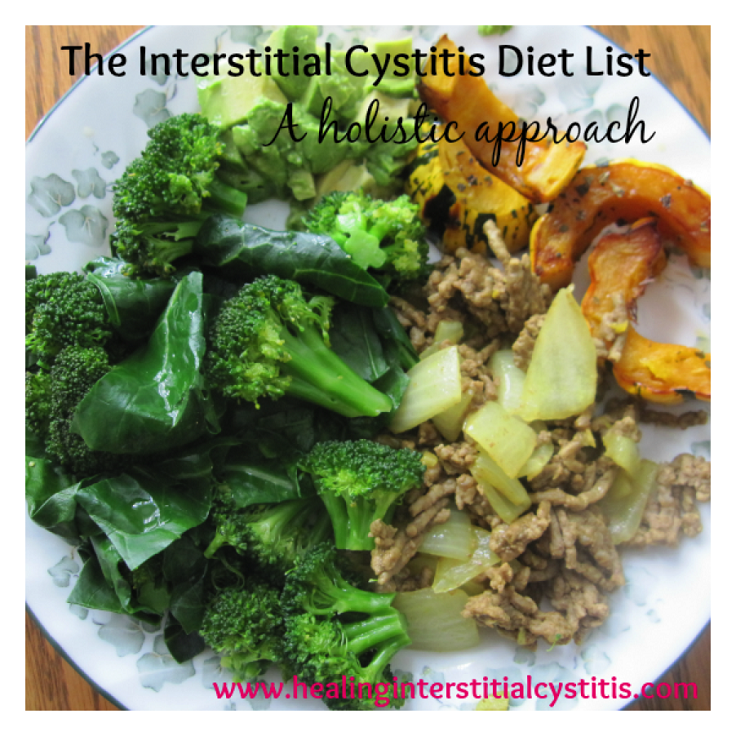
via ic-today.com
Eliminate gluten, corn, soy, dairy, eggs, nuts, nightshades, citrus, and yeast for a trial period of 3 months. It is also worth looking into getting a food sensitivity panel done to determine all of the foods you are reacting to. Food allergies are common in IC patients, and allergies cause mast cells in the bladder to release histamine, leading to inflammation and pain.

